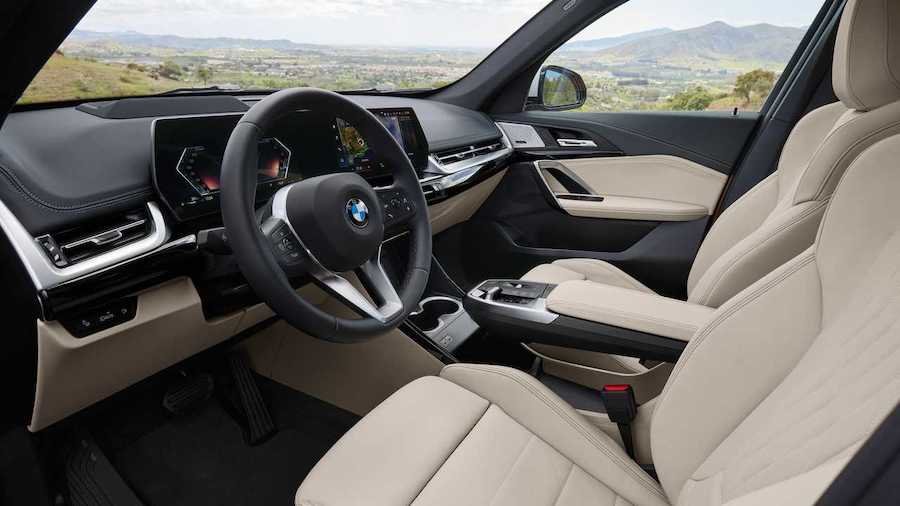BMW Believes There’s Value In Subscriptions Despite Backlash

There has been a swift backlash to proposed subscription services in cars. BMW recently faced the brunt of it after an option for a heated seat subscription accidentally became available for South Korean customers. The automaker corrected the error, according to Bloomberg, but there was swift backlash at such a proposition, a backlash BMW believes will dissipate with time.
BMW is moving ahead with a heated seat subscription service in the UK, which will charge owners £15 ($18) a month for the feature. Owners can save by paying £150 for a year or £250 for three, and they can get unlimited access for £350, according to Bloomberg. The German automaker believes that subscription services could generate €5 billion ($5.1 billion at today’s exchange rates) in sales by 2030.
BMW told Bloomberg that its subscription services would allow for more flexibility in its vehicles, like paying for heated seats only in the wintertime. BMW won't have a heated seat subscription in the US, but BMW's Functions and Demand feature does offer dash cam capability and remote engine start functionality. Other services could end up behind a paywall in the future, like more potent drivetrain options that an owner could pay to unlock.
Subscription services aren't an avenue every automaker is taking, at least not entirely. Ford CEO Jim Farley said earlier this year that subscriptions for things like heated seats are unlikely from the company; however, the Blue Oval does believe that services could be a $20-billion market by 2030.
Stellantis also thinks money can be made through subscription services and other connected car technologies. The automaker introduced a $20 billion software plan late last year that will prepare future models for such monetization efforts.
Subscription services, like EV powertrains, could radically change how we buy and sell cars in the future. The idea of paying for certain services only when needed sounds great, but that doesn't negate the hardware cost many of these features require.
Will automakers build and sell cars at a loss in hopes of making up the difference in subscription services? If customers don't want heated seats and never subscribe, will they still have to pay for the hardware? How do you recoup those subscription costs when selling the vehicle? Only time will tell, and it doesn’t add up well for the customer.
Related News
